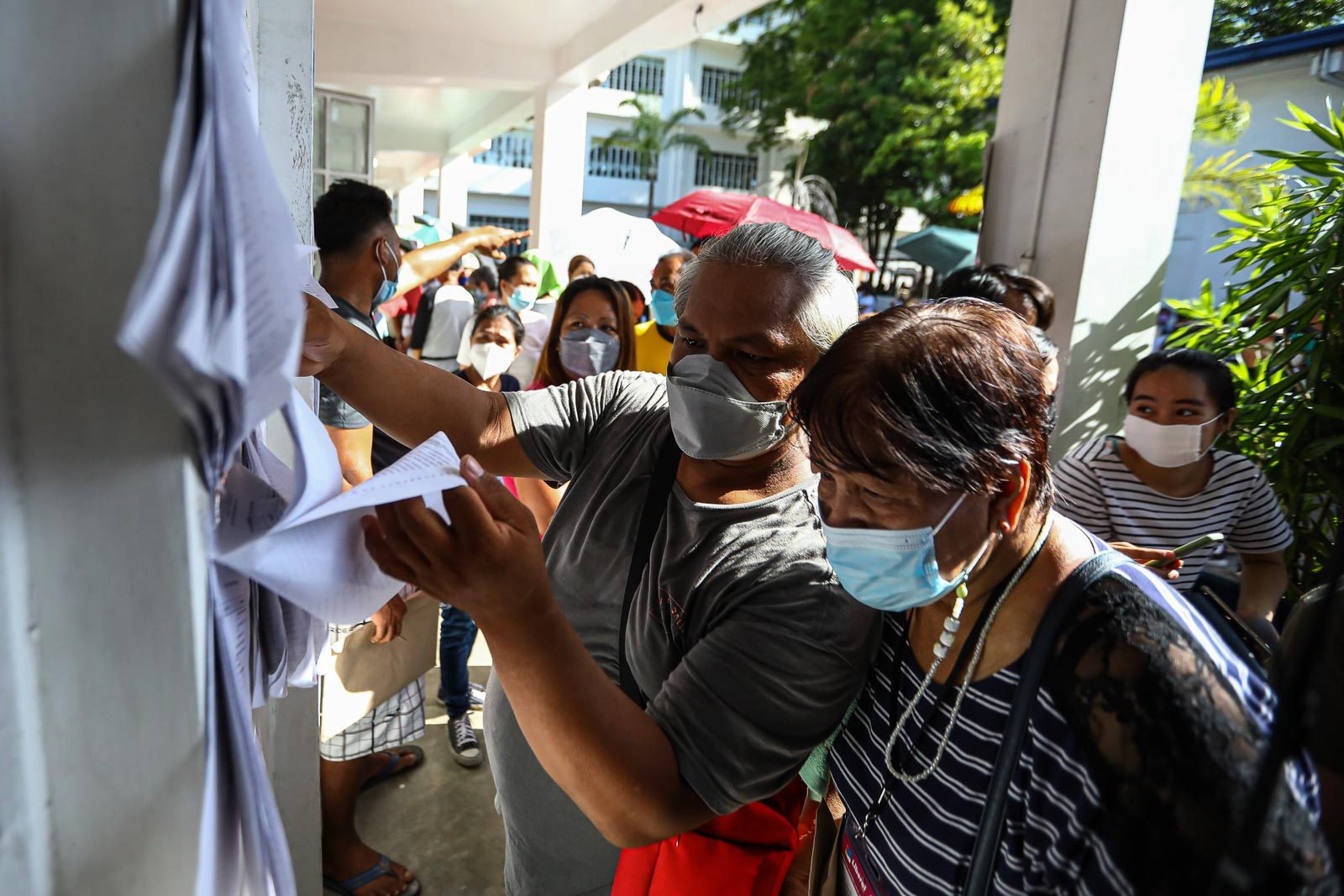SUMMARY
This is AI generated summarization, which may have errors. For context, always refer to the full article.

MANILA, Philippines – An international alliance of election watchdogs in Asia released its final comprehensive assessment of the 2022 Philippine elections, saying the polls were “credible and genuine despite lingering issues and challenges.”
In its International Election Observation Mission Report published on its website on Thursday, August 18, the Asian Network for Free Elections said the Commission on Elections (Comelec) – composed at the time of appointees of then-president Rodrigo Duterte – was able to conduct a “largely peaceful and technically sound elections despite a number of shortcomings.”
“Election management in the Philippines remains of a better quality than most Asian countries even though we can witness a concerning backslide in transparency that needs to be addressed,” the group said, citing the observer blackout during the early days of ballot printing, and the lack of a public docket of election complaints.
“On election day, the failure of hundreds of vote-counting machines and related SD cards not only highlighted the age of the material used, but also poor contingency planning and communication on the part of the Comelec,” it added.
ANFREL also said that while the Comelec is highly capable, it has suppressed criticism toward it, and prolonged adjudication of election complaints.
Specifically, ANFREL pointed out the “undue delays” in the resolution of the disqualification cases against eventual presidential race winner Ferdinand Marcos Jr., whose eligibility was questioned due to the consequences of his tax conviction in the 1990s.
“Whenever possible, urgent eligibility questions should be addressed before the elections and ideally before the campaign period even starts. It took over six months for these two complaints to be resolved,” ANFREL said.
Vote-buying is ‘biggest flaw’
The watchdog also expressed alarm over the prevalent vote-buying mechanisms in the country, which it called the elections’ “biggest flaw.”
“ANFREL observers reported that the going rate for a voter was usually between P100 and P2,000 (roughly $2 to $40) per candidate in the areas they were deployed, depending on the position and competitiveness of each election. This can quickly add up when several candidates for different positions offer cash to voters, who often see the election period as a way to collect some extra income,” ANFREL said.
“Incumbents were more often seen to benefit from such malpractices, but the impunity afforded to those who violate campaign finance laws ensures that all sorts of candidates and parties engage in vote buying,” it added.

Prior to the elections, the Comelec activated a task force to go after vote-buying offenders, but months later, it remains to be seen whether any complaint will move forward.
“There is a great need for Comelec to proactively address these issues as enabled to by the Constitution and the Omnibus Election Code. More could and should be done to curtail what seems like the most rampant vote-buying environment in Asia today,” ANFREL said.
Other issues
The group also enumerated other issues which it said “requires immediate attention”:
- Disinformation
- Red-tagging
- Abuse of state resources
- Attacks on freedom of the press or activists
- Campaign finance reform
- Rule of political dynasties

ANFREL said it visited 14 out of 17 Philippine regions for its assessment, and deployed 15 international observers and a four-member mission management team from 11 countries.
The 2022 Philippine polls saw a voter turnout of 83%, and elected Marcos with a 58% vote-share, making him the first majority president since the 1986 EDSA uprising that ousted his dictator-father from office and forced their family into exile for years. – Rappler.com
Add a comment
How does this make you feel?





There are no comments yet. Add your comment to start the conversation.